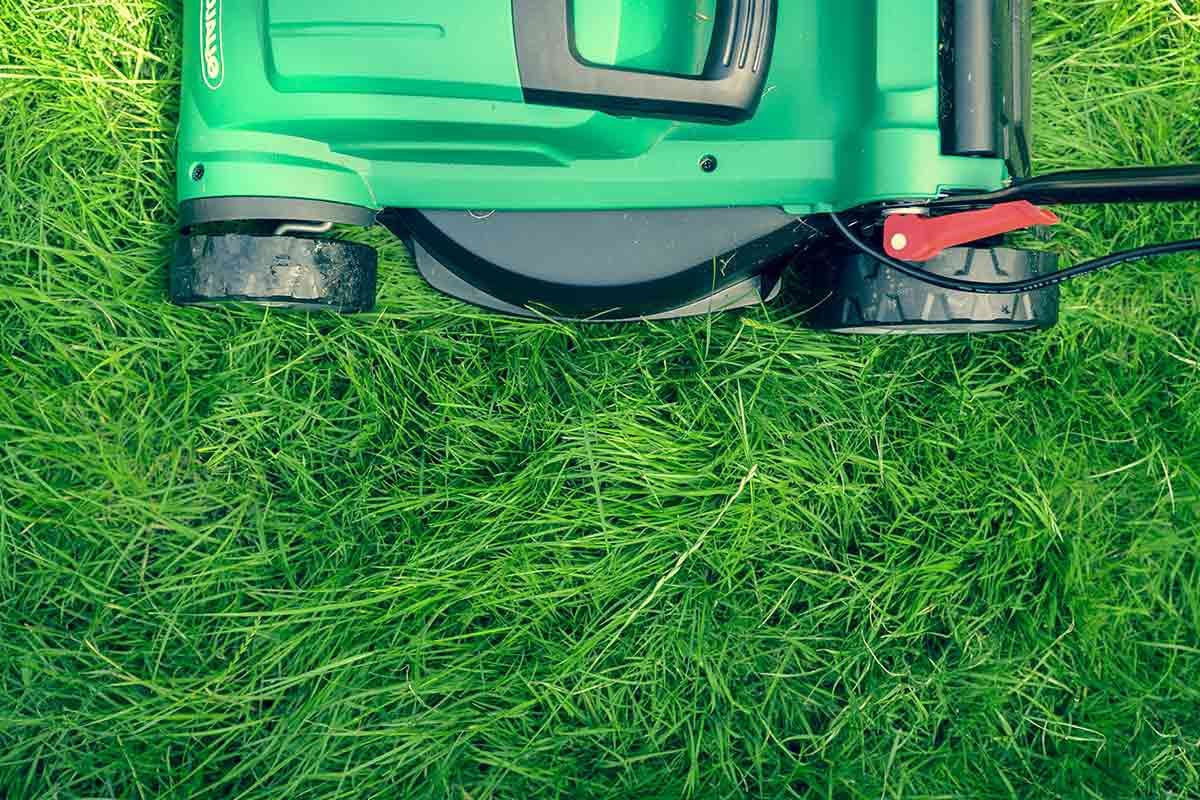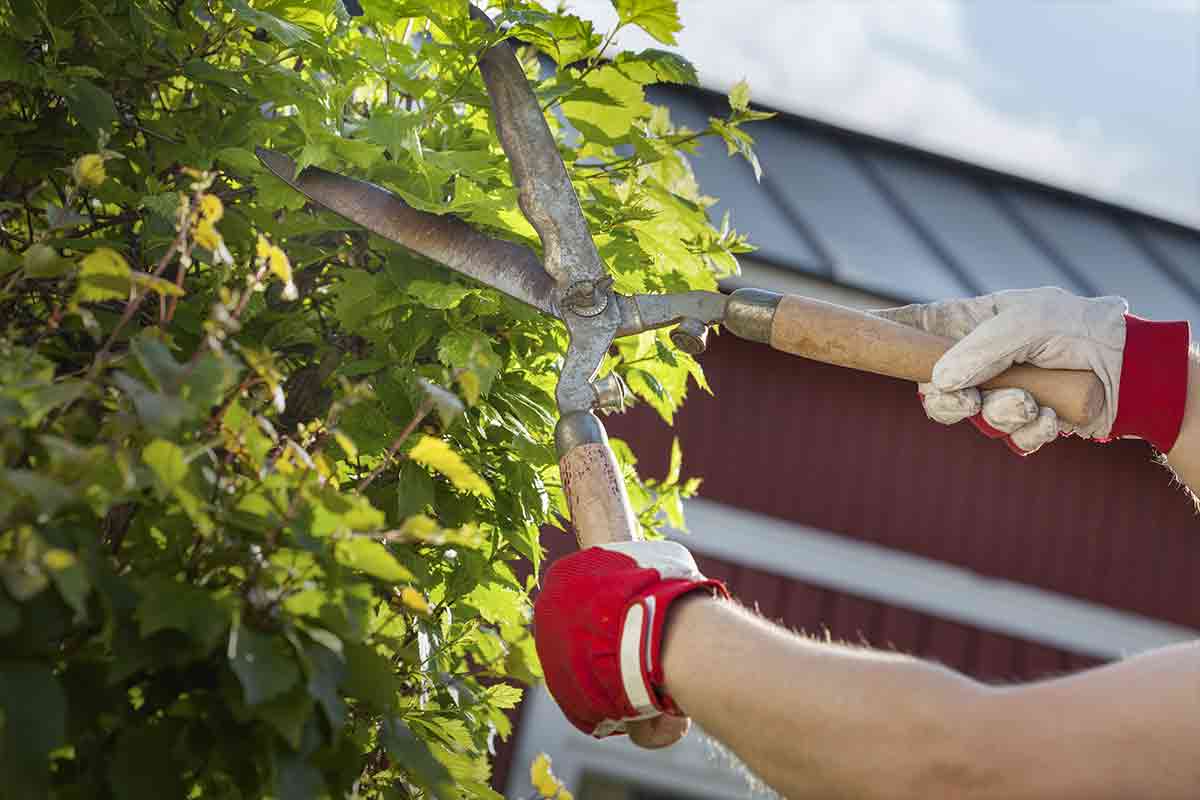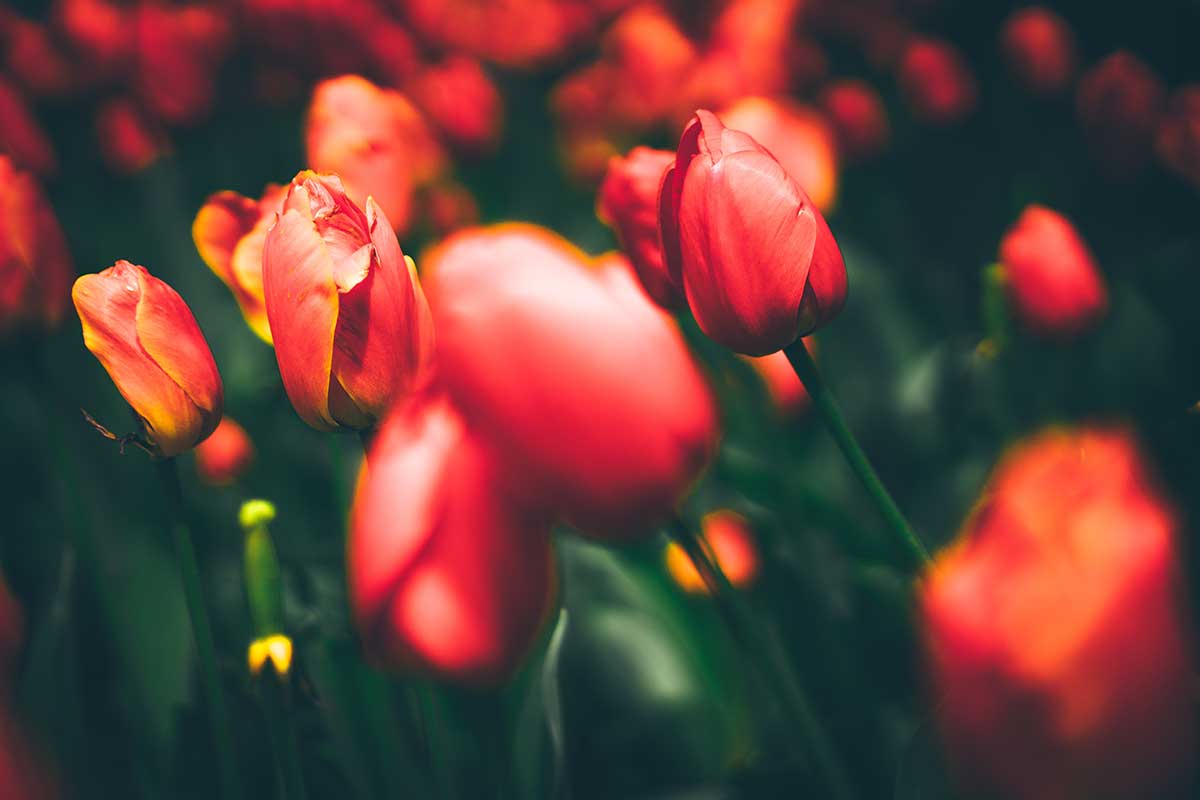Quality matters when hiring for a big project. Call a Best Pick now!
With summer around the corner, we’ll be taking advantage of the sunlight and mild weather to give some much-needed TLC to our neglected winter lawns.
But then they strike—summer allergies. The biggest culprit of this season’s allergies is also one of the most iconic signs of summer: lush, green grass.
As grass, trees, and weeds start to grow during spring and the beginning of summer, they release microscopic pollen into the atmosphere, causing your sneezing and itching reactions. Grass allergies can keep even the most adamant weekend warrior indoors.
Whether you just sneeze here and there or need a self-contained atmosphere to be outside, you shouldn’t be kept from maintaining and enjoying your lawn this summer.
Here are our summer lawn care tips for allergy sufferers of all sensitivities and levels of expertise.
Mild Allergies
Maybe you’re prone to just a little itch here or sneeze there due to allergies during the summer.
With careful preparation, there isn’t much that people who suffer from mild allergies can’t do themselves.
Before working, make sure to take any allergy medications you’re currently on and wear gloves, a mask, and safety goggles to help prevent contact with excessive amounts of pollen.
Novice at Lawn Care
If you suffer from allergies and are also a little out of your depth when it comes to maintaining a lawn, create a lawn care schedule. Writing out what you need to do and when is a great way to organize yourself.
Pulling weeds is a great way to help prevent allergies from flaring up this summer, since weeds can be major pollen contributors. Common lawn weeds include dandelions, crabgrass, Dutch clover, and chickweed. To remove, you can pull weeds up by hand or by following one of our weed-killing methods.
Expert at Lawn Care
 While many experts agree that most people trim their grass too short, keeping the grass short will help to alleviate allergies.
While many experts agree that most people trim their grass too short, keeping the grass short will help to alleviate allergies.
Keep your grass mowed to a height of approximately two inches. This will keep the grass from pollinating as often. Bagging your lawn clippings and deposing or composting them will also help keep pollen levels low.
Moderate Allergies
People who suffer from moderate pollen-based allergies may find it more difficult to work in their yards this summer.
Wearing a mask and protective goggles while performing outside chores will protect against pollen.
Check your area’s daily pollen index before committing to yard work. The American Academy of Allergy Asthma & Immunology takes daily pollen counts across the United States. Work when the pollen count is low.
Another time to work in the yard is after rainfall. The rain helps to wash away excessive pollen in the atmosphere, and the wet soil will make any planting projects you need to do much easier.
Novice at Lawn Care
 Trimming your hedges regularly will help pollenating bushes from keeping you inside this summer. Using gardening shears, carefully trim away hedge growth to desired height and fullness.
Trimming your hedges regularly will help pollenating bushes from keeping you inside this summer. Using gardening shears, carefully trim away hedge growth to desired height and fullness.
Expert at Lawn Care
Replacing your grass entirely will help assuage any grass allergies. Some of the most pollen-producing grasses include:
- Bermuda
- Johnson
- Kentucky
Consider replacing them with these low-allergy grasses instead.
- St. Augustine
- Bermuda grass hybrids
- Buffalo grass
These grasses produce less pollen and will likely help decrease your grass allergy-related reactions this summer.
Severe Allergies
If you have severe allergies, it’s advisable to avoid performing any yard work yourself. Delegating lawn care tasks to family members or professionals may be the best course of action for your health.
If your allergies are keeping you sequestered indoors, it may be time to seek care from an allergist who can pinpoint exactly what is causing your allergies to flare up.
However, if you choose to do the yard work yourself, remember to work in short increments of time, and wash your body, hair, and clothing thoroughly after finishing up. Wearing a mask and goggles while working in the yard will help to keep some of your allergies at bay.
Novice at Lawn Care
 Revamping the entire lawn may be necessary to avoid worsening allergies. Identify and remove trees, plants, grasses, and shrubs that trigger your allergies.
Revamping the entire lawn may be necessary to avoid worsening allergies. Identify and remove trees, plants, grasses, and shrubs that trigger your allergies.
Replace these aggravators with low-allergy plants. Low-allergy plants, as the name implies, are plants that produce less pollen.
Some low-allergy plants include:
- Tulips
- Pansies
- Peonies
- Zinnia
Expert at Lawn Care
 If your yard causes you nothing but pain, consider making it as plant-free as possible with hardscaping.
If your yard causes you nothing but pain, consider making it as plant-free as possible with hardscaping.
Hardscaping uses non-plant elements to create an inviting outdoor living space.
Hardscape elements include walkways, patios, water features, and decks. A combination of these elements can help reduce the amount of pollen-producing plants in your yard.
Work with a Best Pick landscaping company to craft a yard that will allow you to enjoy the great outdoors, even when seasonal allergies threaten to ruin your summer.
Bottom line: You know your body and allergies best. It’s best to err on the side of caution when you are unsure if yard work will aggravate your seasonal allergies.
If you find yourself unable to maintain your lawn care routine, hiring a Best Pick company is a great way to get a luscious, summer-ready lawn without sacrificing your health.


























